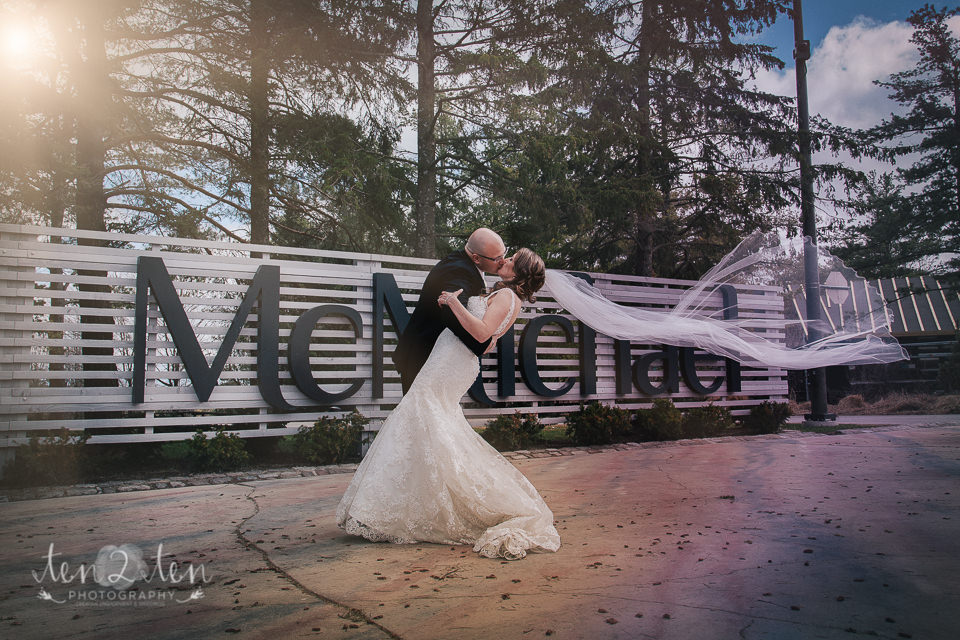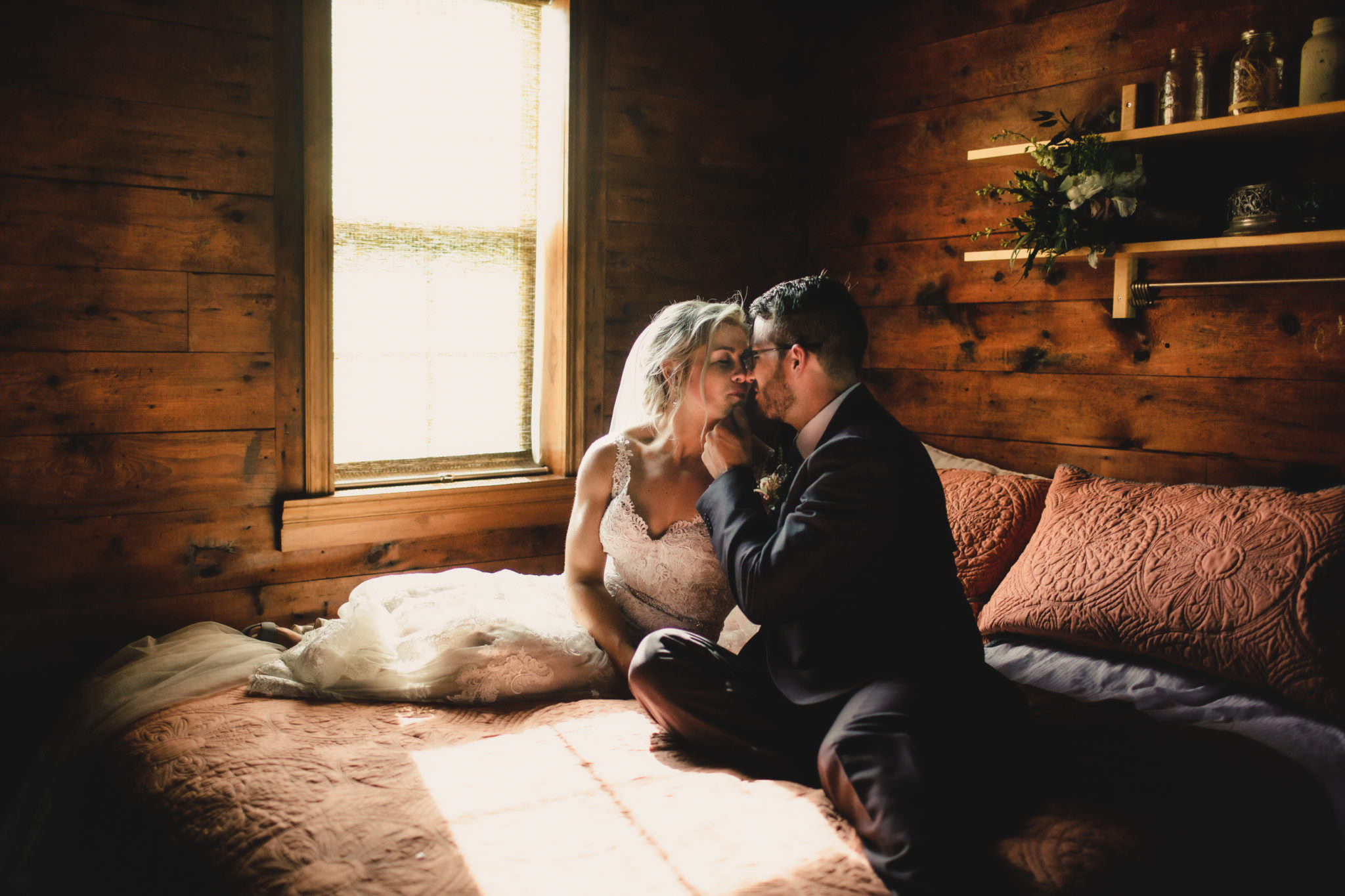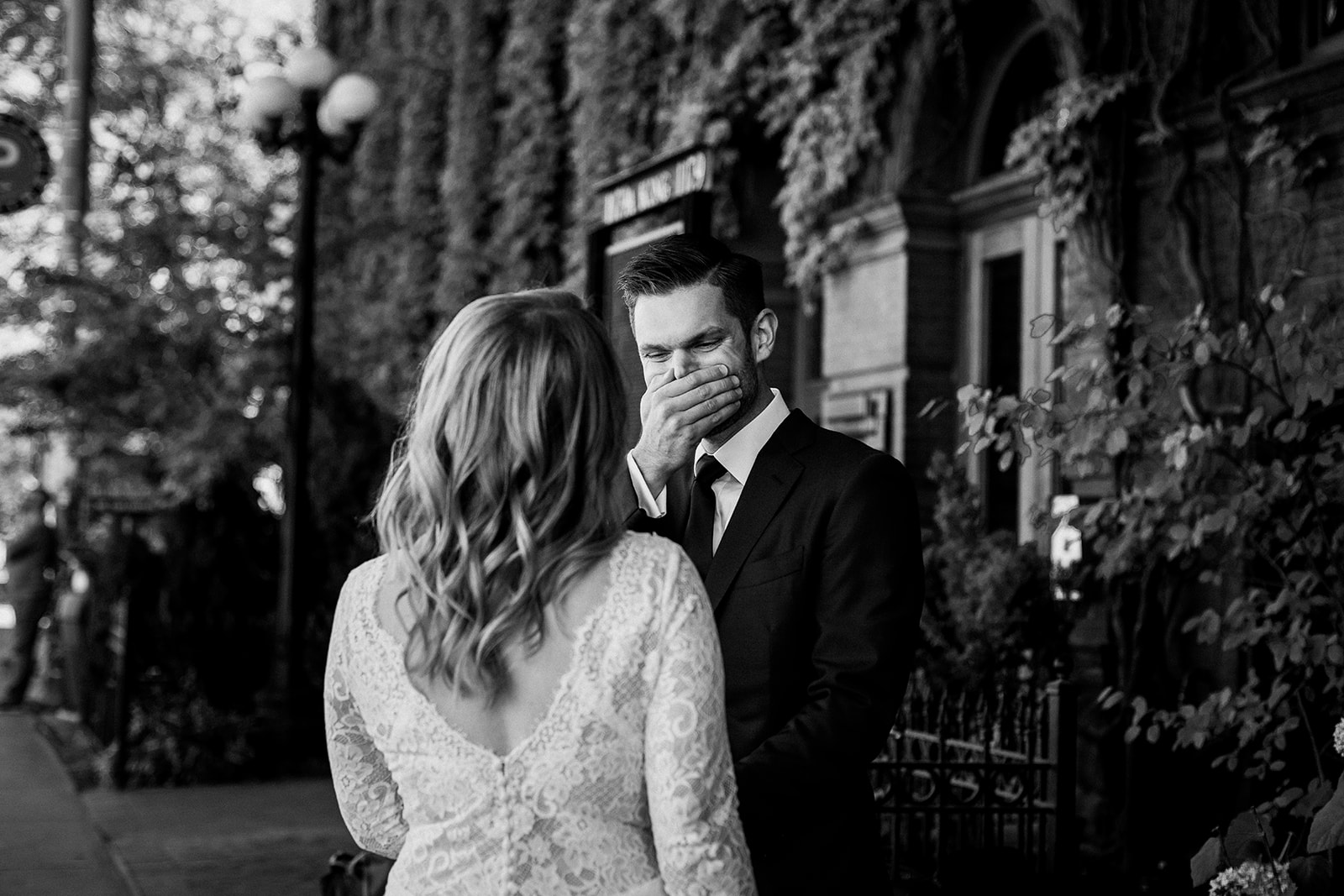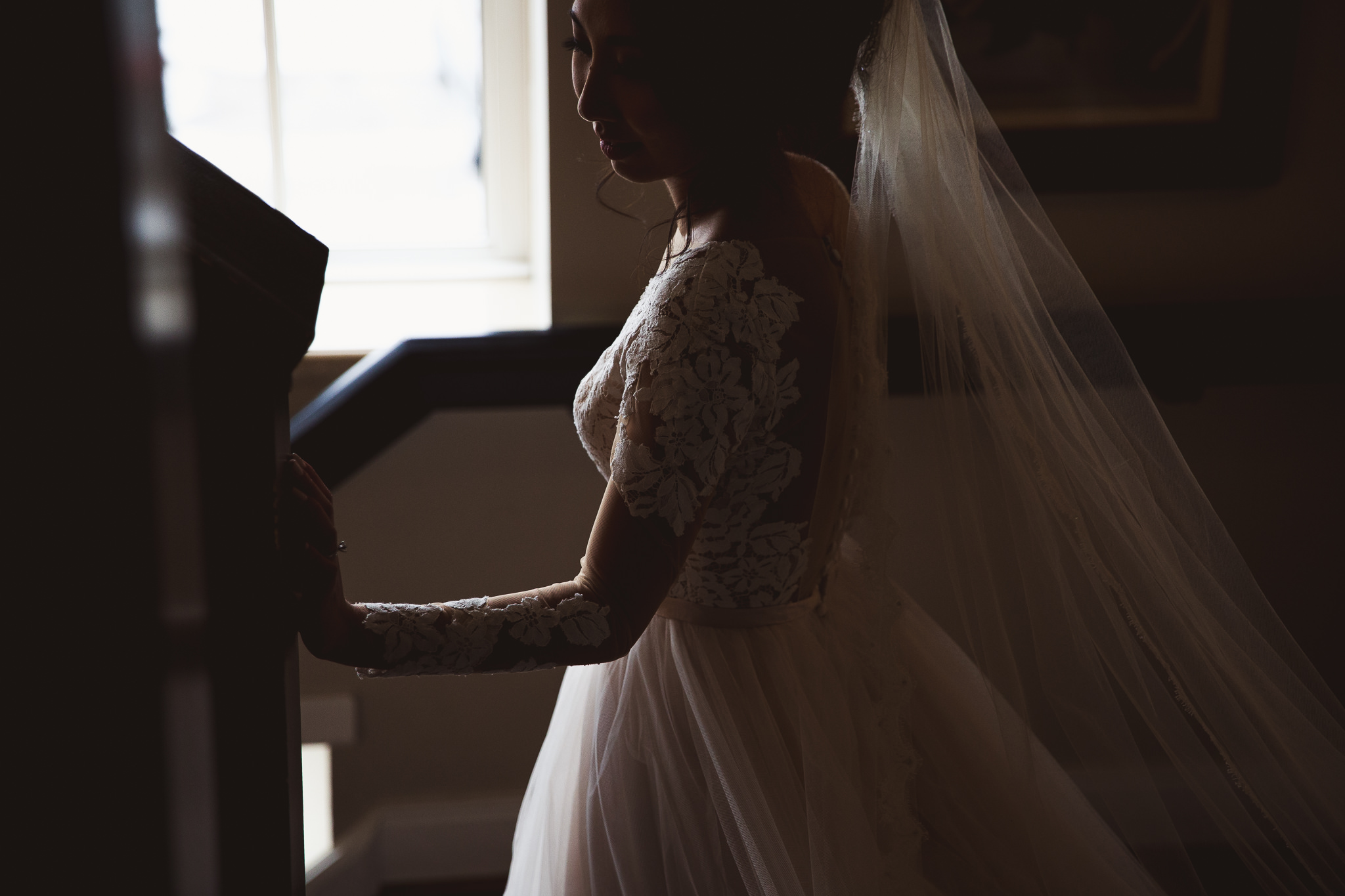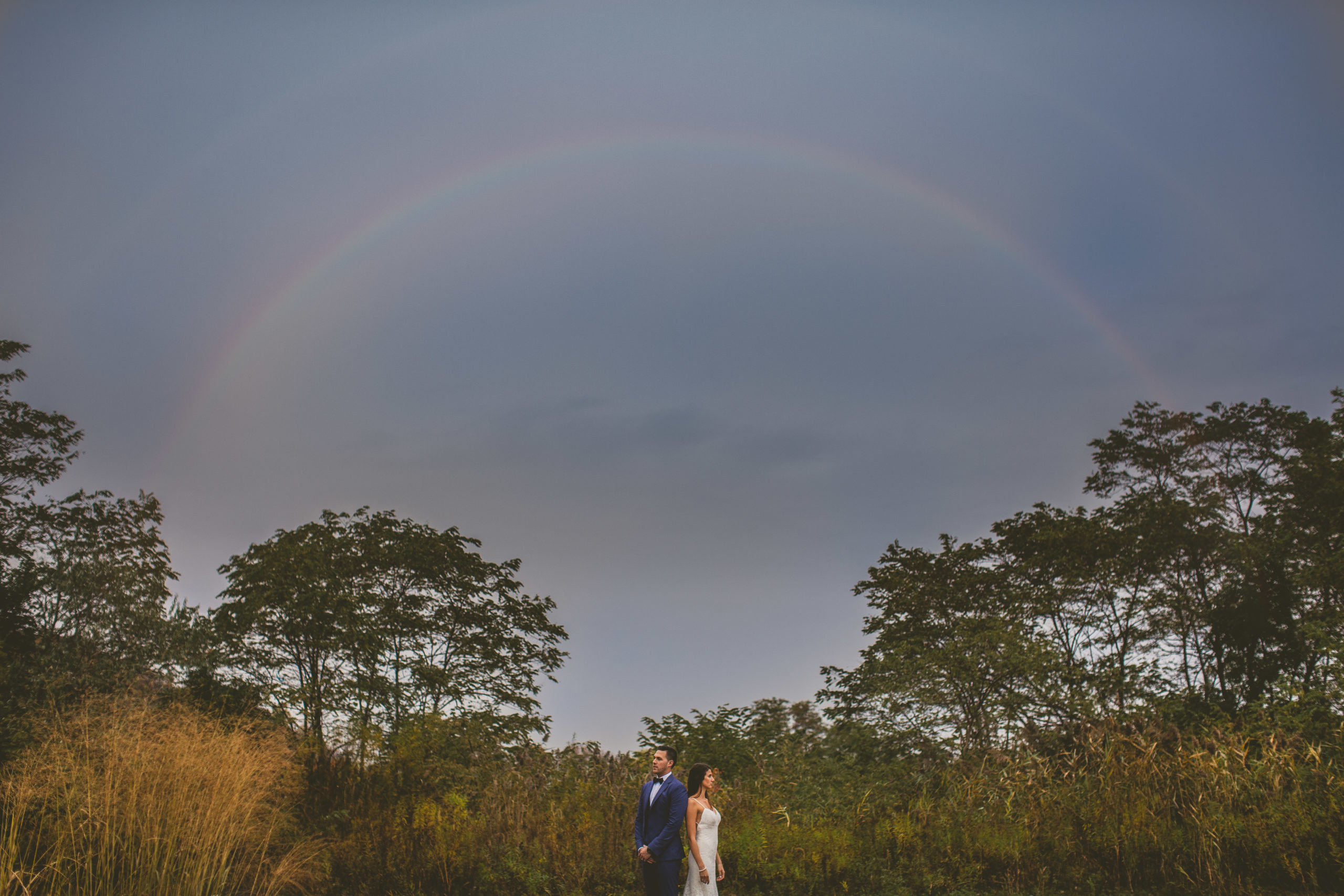How to Choose a Videographer
As a Toronto wedding photographer, I have the luxury of working in a city that has a near infinite amount of wedding vendors to network with as well as work with on a wedding day. One of the most frequently asked questions I get from my clients is how to choose a videographer. My clients know that I’ve worked with a lot of companies all of whom have different styles and approaches to the day and I’m always flattered when my clients ask me for advice about choosing other vendors because it means they trust me and truly value my opinion. I think it’s important to ensure that information is shared with others too – not just my clients – so here’s my 5 tips for how to choose a videographer that you love!
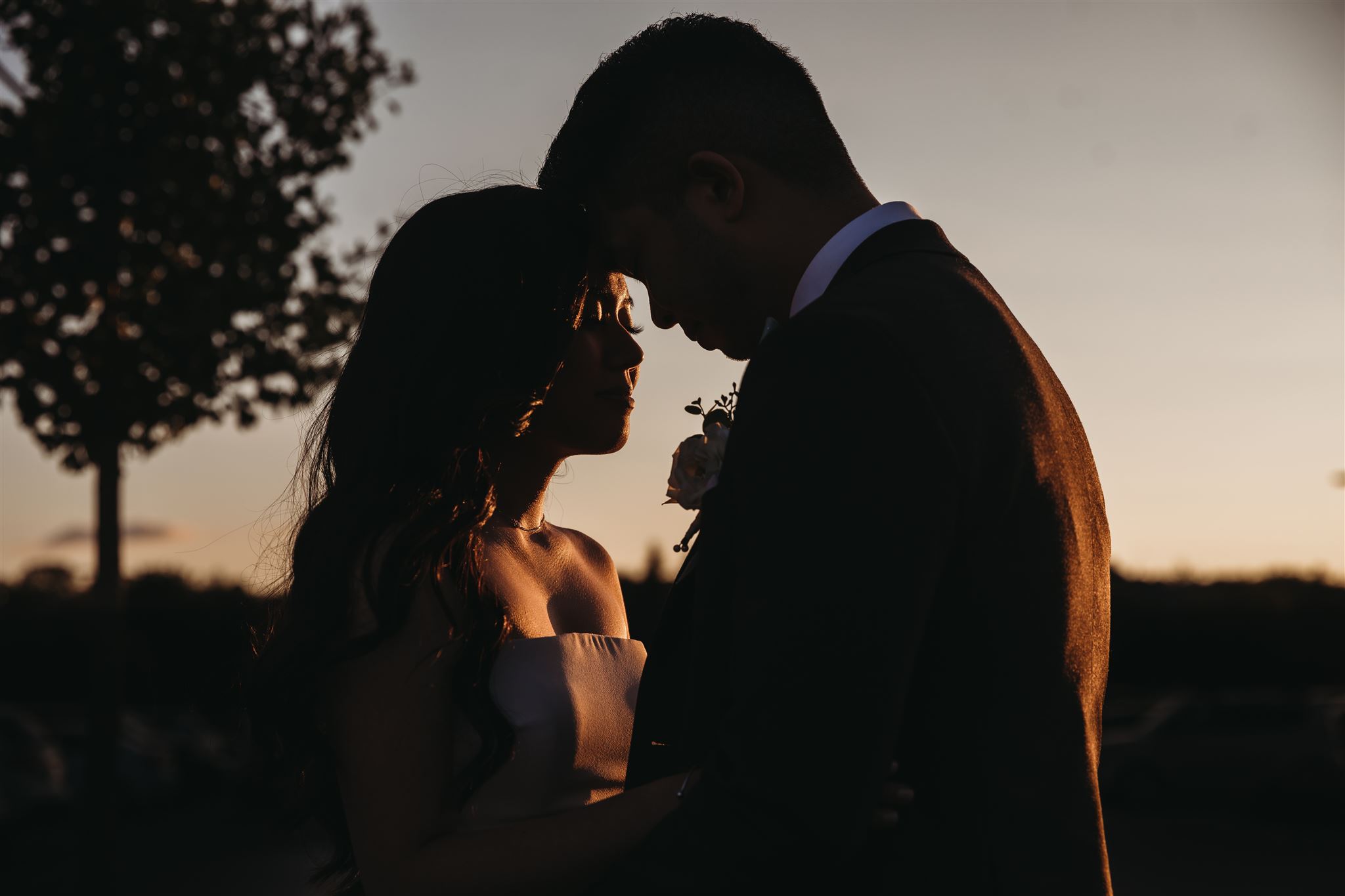
#1 – Ignore the 10% budget rule
In traditional wedding budget breakdown, photography and videography are lumped into the same category and you’re told to spend 10% on the combined services.
This hasnt’ been relevant since digital photography and full-day coverage became the norm, so you can just go ahead and ignore that.
Don’t believe me? Let’s do the math: According to WeddingWire, the average Canadian wedding in 2013 cost about $29,500 (excluding the cost of the ring). Ten-percent of this amount is $2,950. That can be a perfectly adequate amount for an 8-hour photography or videography package but not for both.
#2 – Similar styles
This one’s easy to figure out; look at the photographer’s portfolio (particularly their blog posts).
Do you see the same shots repeated time and time again?
Do you see a lot of “posed” images or a lot of candid images?
Posed images can indicate that the photographer is very structured and classic in their approach to the day. If you see a lot of candid images or images that tell a story, you’ll know that the photography is of storytelling or photojournalistic nature with a relaxed, non-directing approach and every wedding they shoot will be different.
Now, do the same for the videographer you’re looking for. Take a look at their videos; do you see the same scenes repeated over and over again? If so, this means that the videographer will typically do through a list of standard “poses” which means they will be giving you lots of direction on the wedding day. If your photographer takes a non-directing approach but your videographer relies heavily on directing and poses (or vice versa) the two may not be compatible in terms of being able to produce the product you’re expecting out of your wedding day.
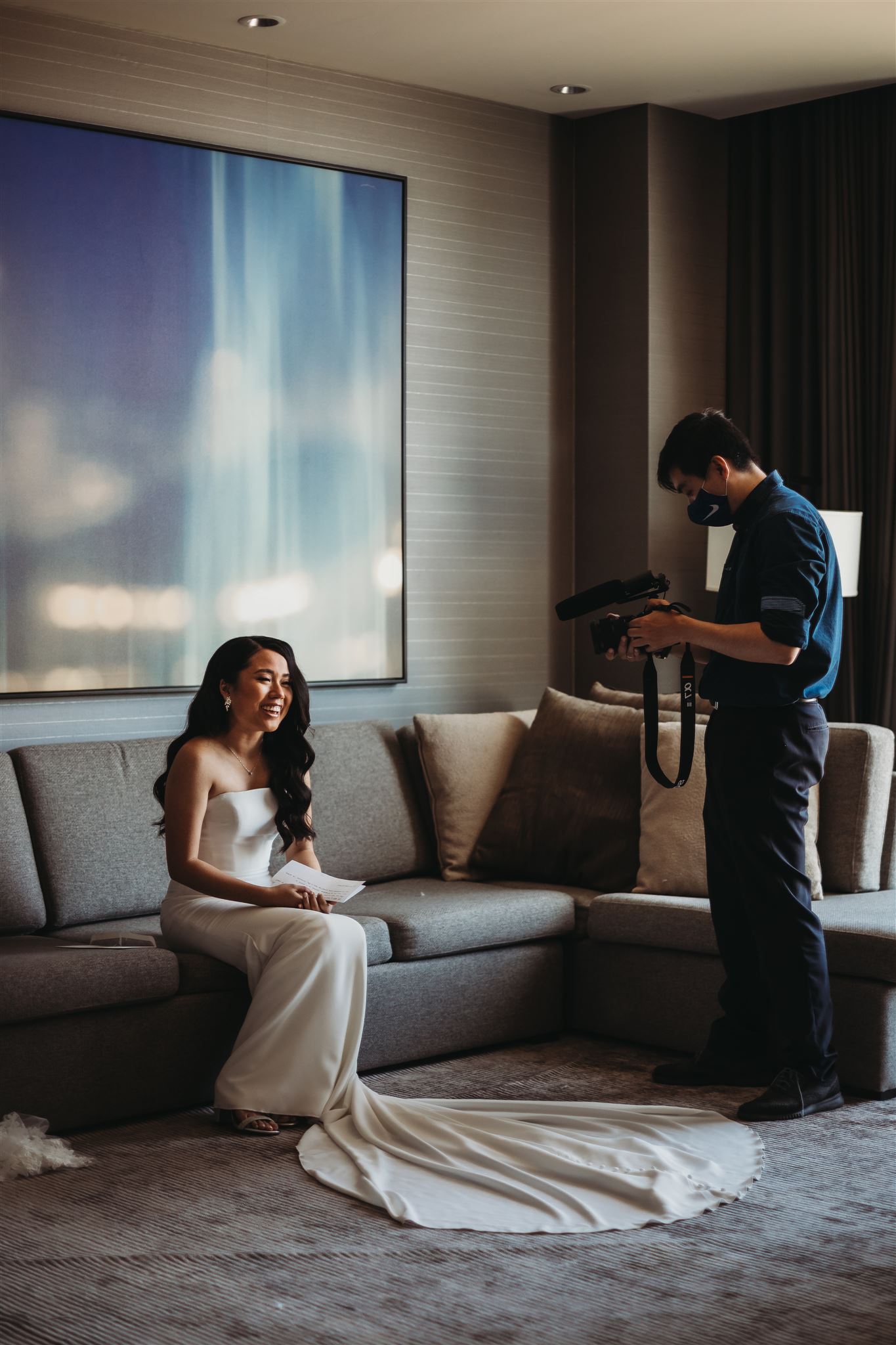
#3 – Different companies is okay!
Company’s that offer both photo and video often market themselves on the premise that “our pros will work very well together” but truth be told, any professional vendor should be able to work well with any other professional vendor; regardless of whether or not they are from the same company. On top of that, a lot of these big photo + video companies hire contractors to shoot your wedding. This means that you may still end up with a videographer whose never worked with your photographer before.
The whole concept of needing to hire from the same company is just a marketing tactic.
#4 – Discuss Potential ‘Paparazzi’ Promptly
Nothing can frustrate the couple (as well as the family) on a wedding day like having a giant crowd of paparazzi surrounding the happy couple and blocking the few for everyone else. While you want to assess for talent and budget, you also need to assess for the ability to be discreet.
Your wedding day isn’t just about you, it’s about your friends and your family and they have just as much right to witness the events as we have to capture them. While sometimes you do have to pop into the aisle to get an opportune angle, it’s really important for your guests that your vendors are also keenly aware of how obstructive they are being. If you’re hiring a team of videographers that’s going to turn your wedding day into the set of the next Marvel movie, you may be inadvertently ruining your guest’s experience.
#5 – Timeline discussions BEFORE paperwork
Timelines are crucial to not only a smooth and stress-free wedding day but also a key component of getting the most out of your photography (and videography) investment. Both a photographer and a videographer need a certain amount of time to produce a product for you that is consistent with what you saw in their portfolios.
A photographer cannot always “just shoot what the videographer is doing” nor can the videographer just shoot what the photographer is doing. Photographers want still frames and videographers want movement. We’re competing for the game goal but we take two very different journeys to get there and sometimes one person’s journey can be a hell of a lot longer than the others. Always ask your video team how much time they need with you alone, where they are the ones directing you. If they say “I’ll just shoot what the photographer is doing” that’s a non-answer and a guarantee that your photographer will have to sacrifice time to give to video on the day of (which means fewer shots for you and more frustration for everyone involved).
If they can’t be clear on how much time they need to produce your end result for you, don’t sign the contract!
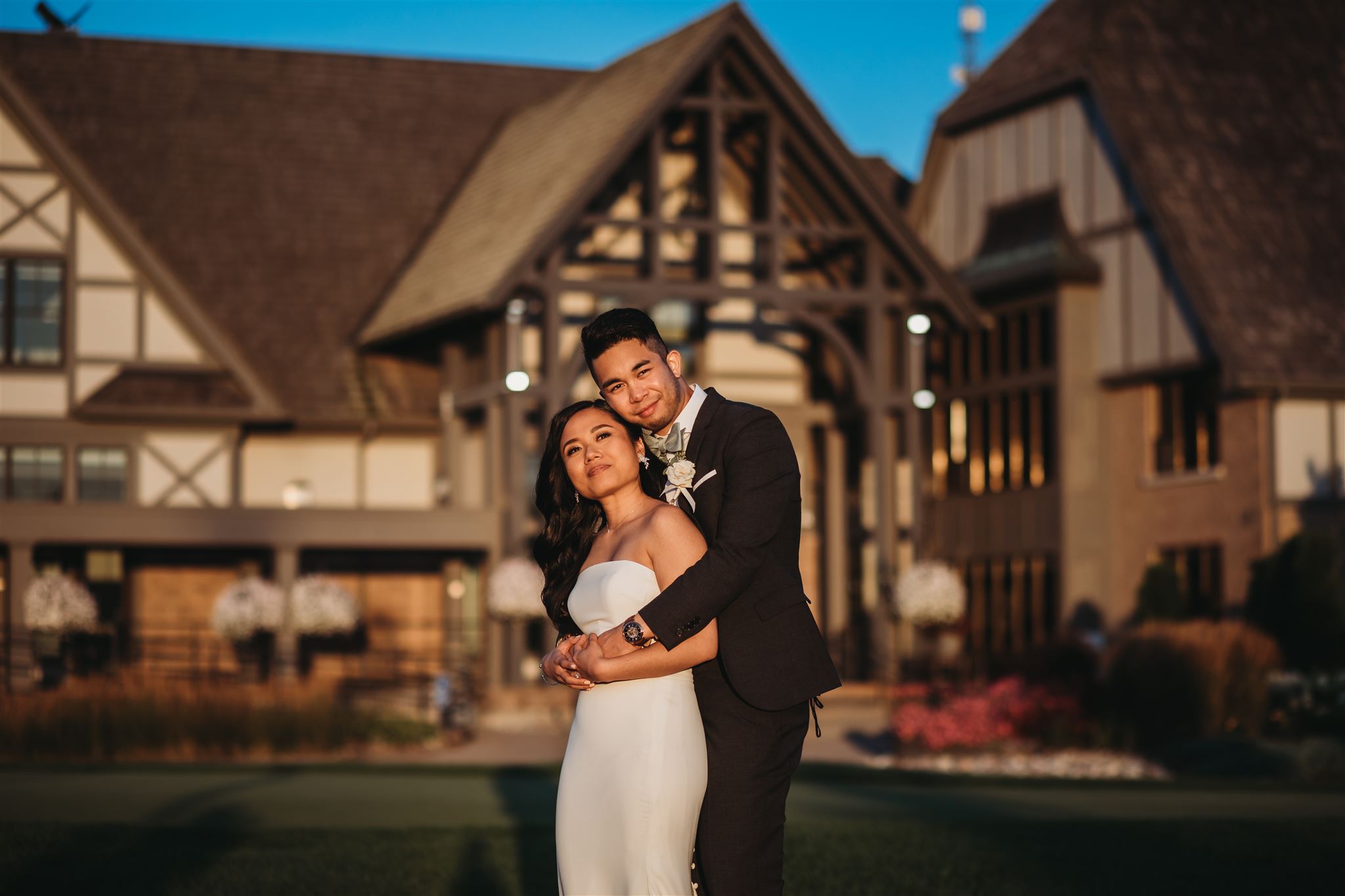
Bonus: How to Choose a Videographer
A lot of couples will favour videographers who give them the raw footage and in my opinion, this is one of the worst investments you can make. Videographers plan their shots in a way where they are capturing not only action but details (ie: B-roll) and a lot of your raw footage won’t make sense as standalone moments of video. You’re paying your videographer to complete their craft which means they’re putting together either a highlight or a feature length film for you. When you’re choosing a videographer, don’t let the promise of ‘all the raw footage’ be a deciding factor for you because you’ll never use it.
